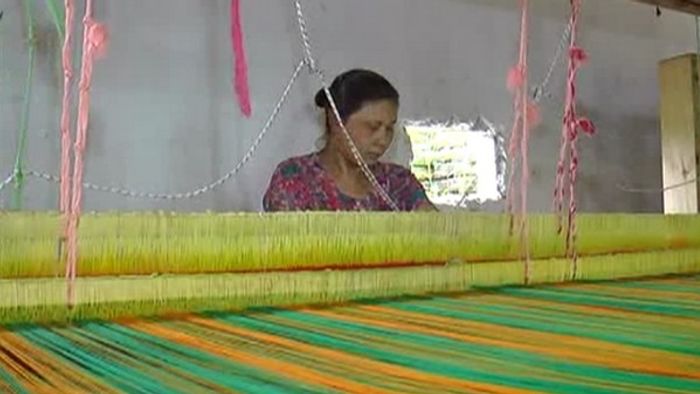India launches textile policy 2024 to boost growth and employment
India's new Textile Policy 2024 aims to boost exports and employment with incentives and sustainable initiatives. Experts believe it could make India a global textile leader.

- Oct 15, 2024,
- Updated Oct 15, 2024, 10:06 PM IST
The Indian government has launched its Textile Policy for 2024, introducing a comprehensive package of financial incentives aimed at revitalising the country's textile industry. The policy targets two key areas: technical textiles and manufacturing processes, including weaving and dyeing.
At the heart of the new policy are substantial capital subsidies for businesses, ranging from 10% to 35% of eligible fixed capital investments. These subsidies are capped at Rs 100 crore, with variations based on location and specific activities. To further support industry growth, the government is offering credit-linked interest subsidies between 5% and 7% for periods of 5 to 8 years.
Energy costs, a significant factor in textile production, are addressed through electricity subsidies. Companies can receive Rs 1 per unit of electricity for five years, applicable to both traditional power sources and renewable energy.
The policy places a strong emphasis on job creation and skill development, particularly for women. Wage assistance programs offer monthly support ranging from Rs 3,000 to Rs 5,000 for female employees and Rs 2,000 to Rs 4,000 for male employees, depending on their roles. Self-help group members are set to receive Rs 5,000 per month for training over a three-month period, along with ongoing payroll support.
Labour-intensive units receive special attention under the new policy. Defined as new industrial units employing at least 4,000 registered individuals under the Employee Provident Fund scheme (with a minimum of 1,000 women), these units are eligible for enhanced benefits. These include higher capital subsidies, more favourable interest rates, and increased electricity tariff subsidies.
Additional measures focus on quality certification, energy and water conservation, and technology acquisition support, aiming to boost the overall competitiveness of India's textile sector on the global stage.
Through this multifaceted approach, the Textile Policy 2024 seeks to strengthen India's position in the global textile market while promoting domestic employment and sustainable industry practices.